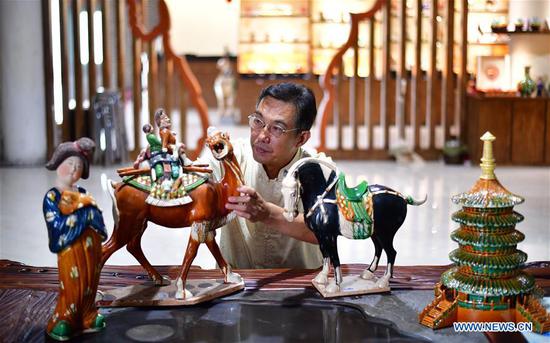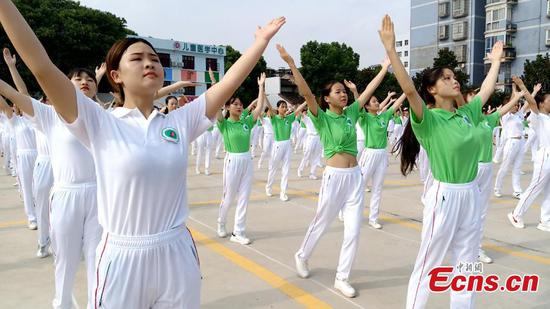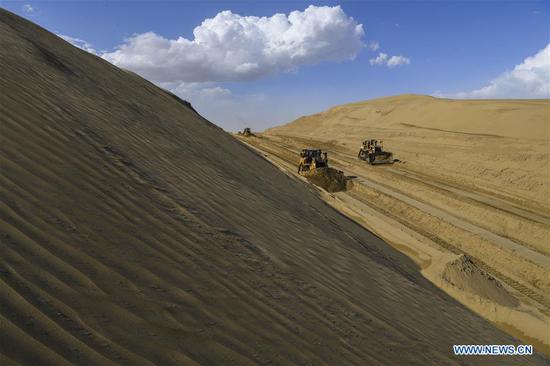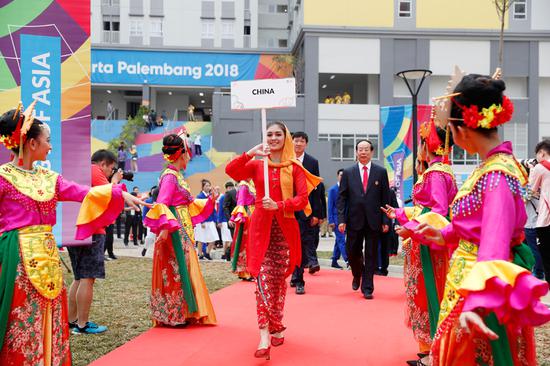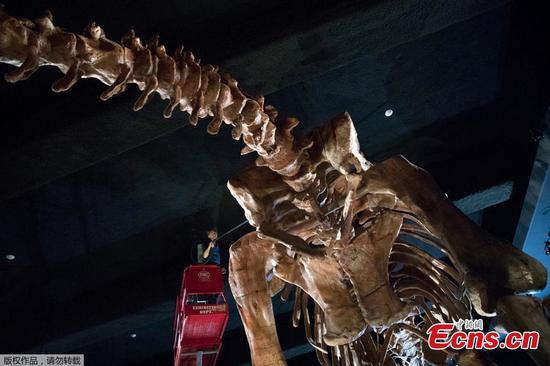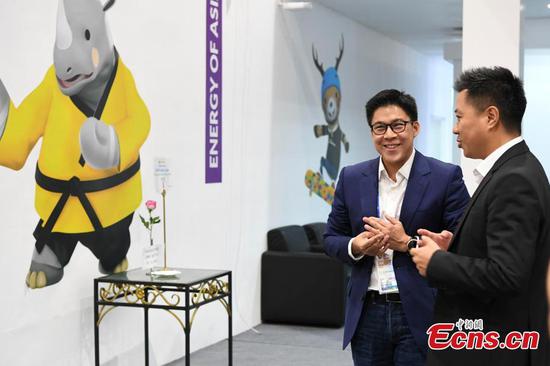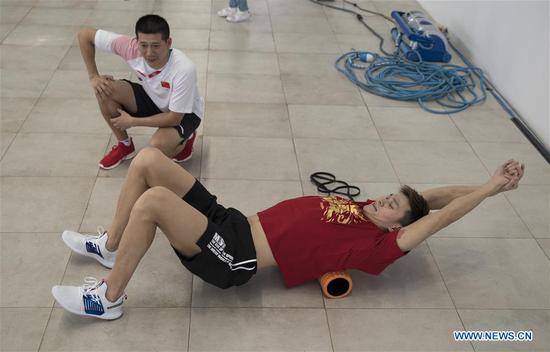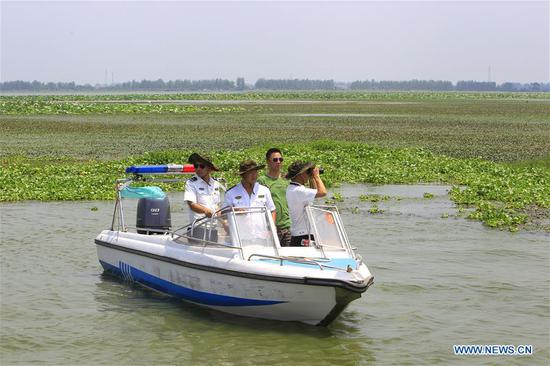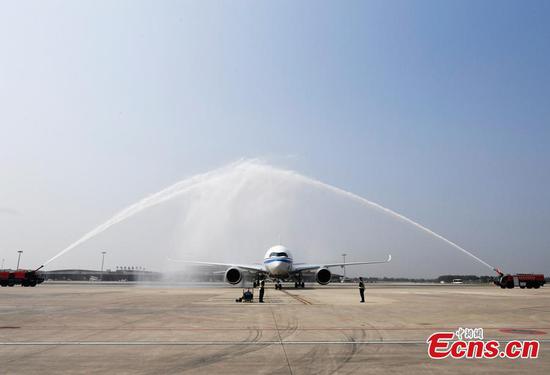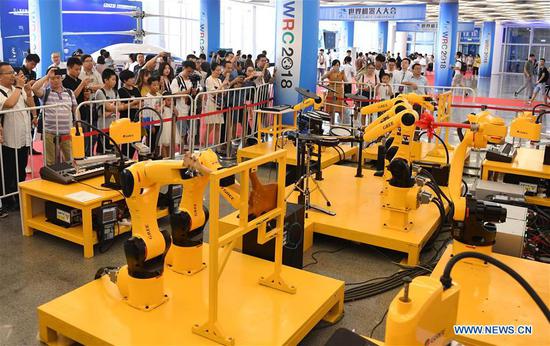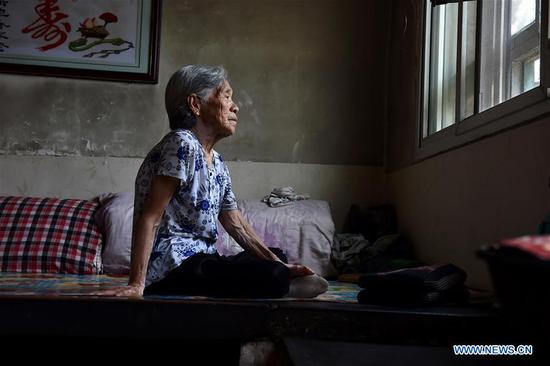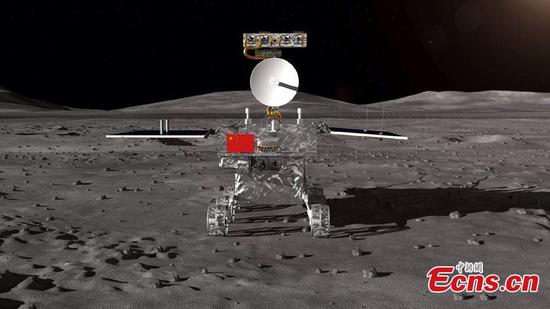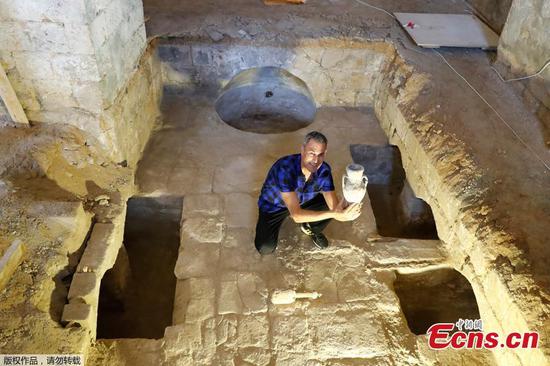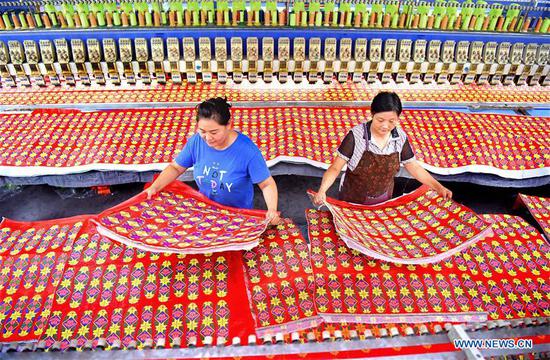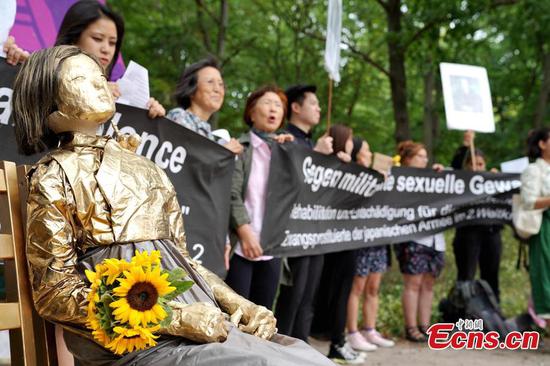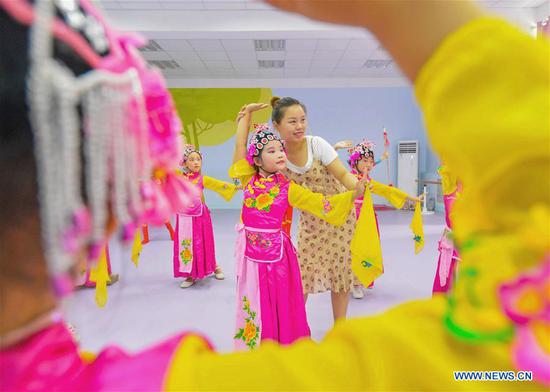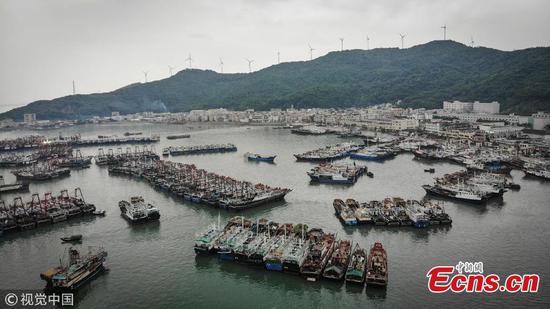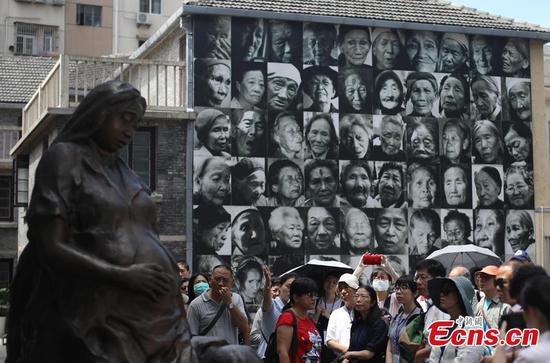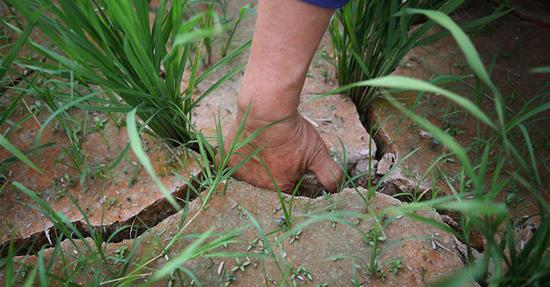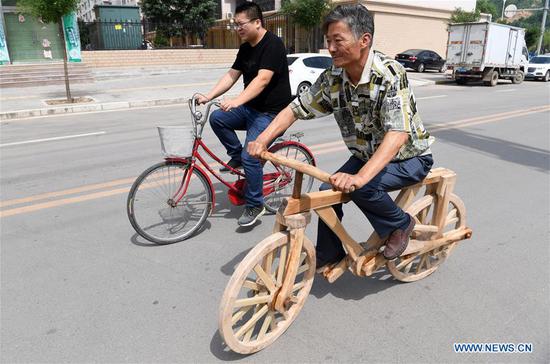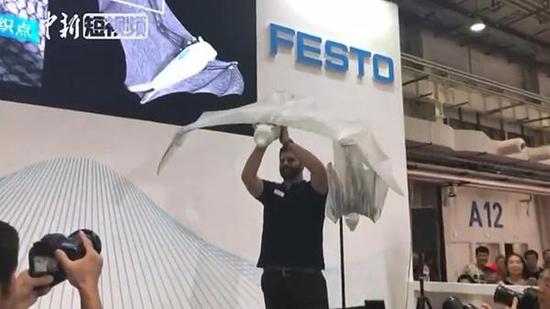Premier: 'Stable performance' for economy; policy 'fine-tune' may be necessary
The Chinese government will step up reforms and roll out a series of new incentives to remove hurdles to private investment and private business activity in hopes of boosting economic growth, the State Council's executive meeting chaired by Premier Li Keqiang decided on Thursday.
A host of measures were passed to further facilitate private investment and boost healthy development of the private sector.
"Our economy is showing stable performance with good growth momentum. Facing new circumstances and new challenges, we should step up reforms, pay attention to emerging problems, plan ahead and fine-tune policies as necessary to make sure that the economy performs within a proper range," Li said.
The government has undertaken continuous efforts to encourage private investment. In the first seven months of this year, the total value of private investment reached 22.26 trillion yuan ($3.23 trillion), registering year-on-year growth of 8.8 percent, 3.3 percentage points higher than overall investment growth. Private investment amounts to 62.6 percent of total investment in the country, making private investment the major pillar of investment growth.
Calls were made at the meeting for greater efforts to encourage more private investment and to lower the threshold for private investment to enter key areas. Shoring up weak links, boosting domestic demand, promoting employment and strengthening the impetus for long-term development were also urged.
More steps were decided upon at the meeting to remove unreasonable thresholds and expand access in key areas. A number of projects with huge economic potential and clearly defined investment returns in areas such as environmental protection, transportation, energy and social endeavors should entice private investors to take bigger stakes.
Additional conditions hampering private investment from entering fields such as healthcare and eldercare will be reduced or lifted, and the government will make targeted efforts to remove hidden obstacles in land use, funding support and personnel training in these areas.
"The potential of consumption as a growth driver needs to be further unleashed. At the same time, more efforts are needed to reduce business costs, support imports and exports and make better use of foreign investment," Li said.
Tax and fee reductions for private businesses will be further implemented, while value-added tax reforms will be deepened, it was decided at the meeting.
Financing mechanisms will be improved to allow the financial sector to better serve the real economy. A risk compensation mechanism for lending to private businesses will be established to make financing more accessible and affordable for private businesses.
"This year marks the 40th anniversary of China's reform and opening-up, which remains essential for China's social and economic development," Li said.














